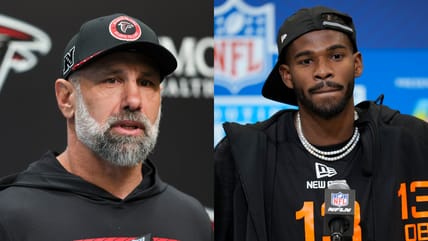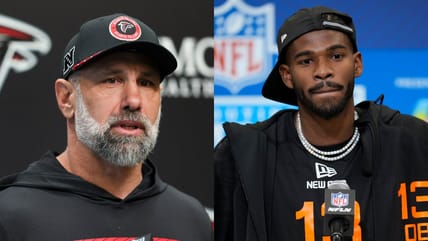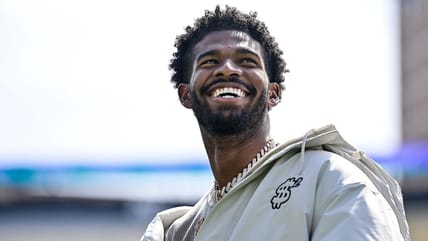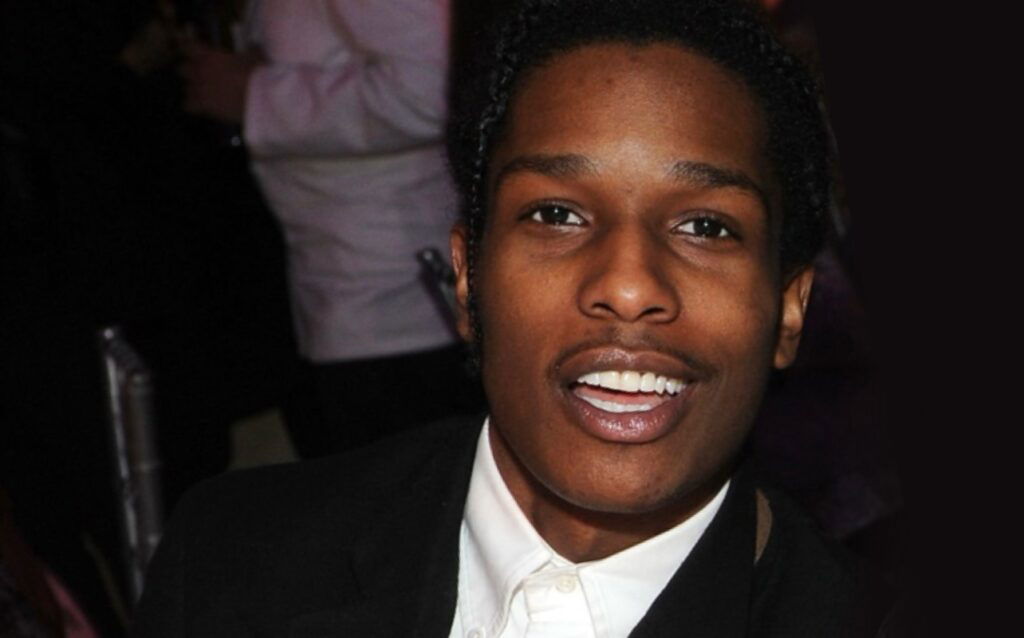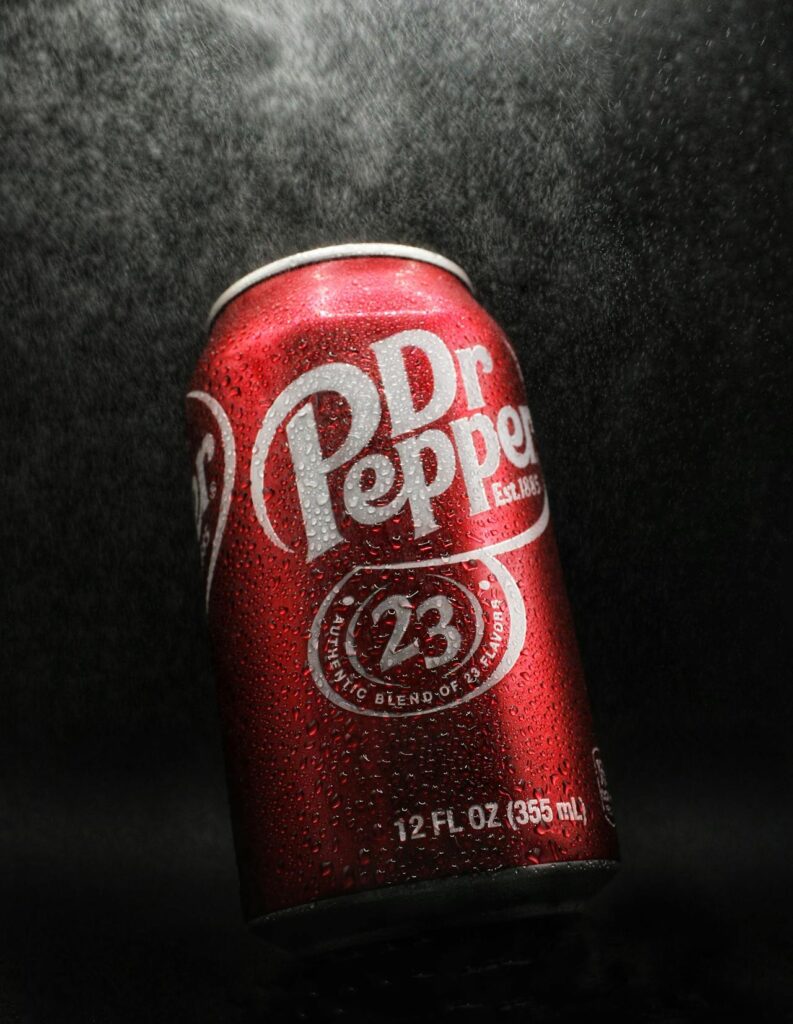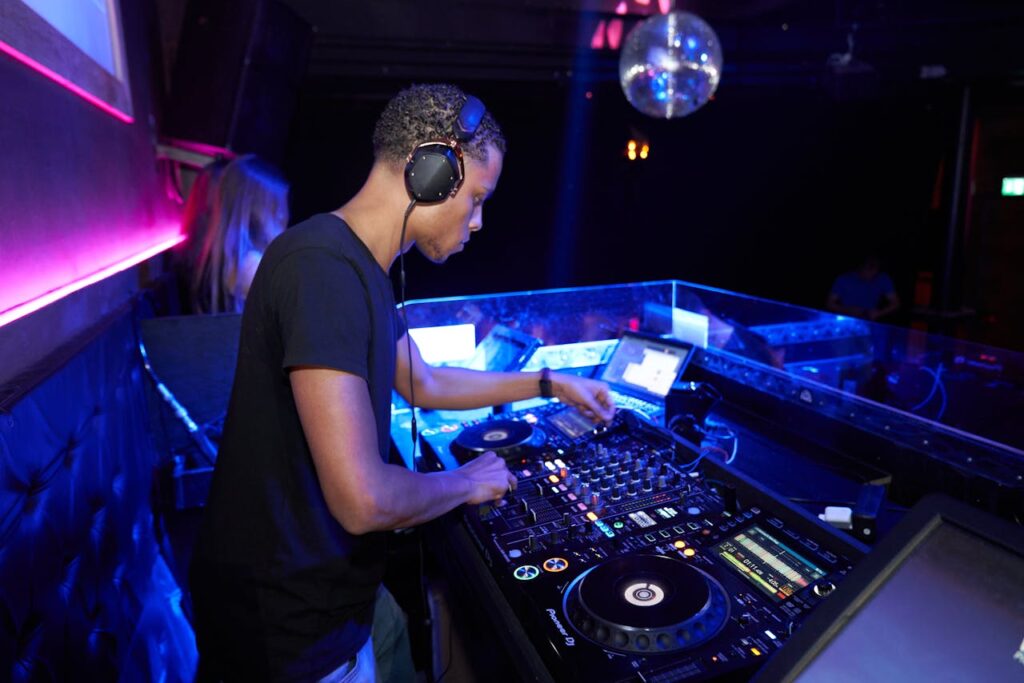In the billion-dollar business of sports, there’s no image more quietly threatening to the system than a strong, involved Black father.
We see it time and time again.
Lavar Ball is called arrogant.
Deion Sanders is called selfish.
Richard Williams was labeled crazy long before the world knew the names Venus and Serena.
LeBron James is somehow criticized for supporting his son Bronny too publicly.
Earl Woods was portrayed as a controlling figure even as he raised one of the greatest golfers the world has ever seen.
Cecil Newton Sr. faced public scrutiny simply for advocating for his son, Cam.
The blueprint is clear: when a Black father stands at the center of his child’s success — guiding, protecting, pushing back against exploitation — the media paints him as a problem.
As an egomaniac.
As someone “getting in the way.”
Why?
Because strong Black fathers disrupt the narrative.
The system isn’t just invested in the talent of Black athletes — it’s invested in controlling them.
A young Black athlete without guidance is easier to manipulate. Easier to underpay. Easier to pit against others. Easier to brand, profit from, and discard when convenient.
A strong Black father changes the terms of the deal.
He demands better contracts.
He questions coaching decisions.
He protects his child’s mental health over the franchise’s bottom line.
He reminds the world that his son or daughter is not just an asset — but a human being with a family, dreams, and dignity.
And that’s where the real fear lies.
The image of a united Black family — not fractured, not absent, not broken — challenges deeply rooted stereotypes that American society has long relied on to justify inequity.
A strong Black man standing beside his child and saying “No, you won’t exploit them” is seen not as an act of love, but as an act of rebellion.
It’s easier to villainize the father than to admit that the system is designed to exploit athletes while they’re young, impressionable, and isolated.
It’s easier to mock than to confront the truth:
That Black families who stick together, support each other, and advocate fiercely for their own are an unstoppable force — not a threat.
When Deion Sanders tells his sons they are kings, not commodities, it unsettles the old order.
When Richard Williams insists his daughters are bigger than tennis, it rewrites the rules.
When Lavar Ball dreams out loud for his sons, it terrifies a system that prefers Black athletes to be grateful and quiet.
But let’s be clear:
It’s not their confidence that threatens the sports industry.
It’s their love.
It’s their refusal to let their children be used up and tossed aside.
It’s their audacity to believe they deserve a seat at the table — and to pull up a chair without asking permission.
Black fathers in sports aren’t villains.
They’re architects.
They’re protectors.
They are the shield between billion-dollar industries and the children they would otherwise consume.
And maybe that’s the real story America doesn’t want to tell.
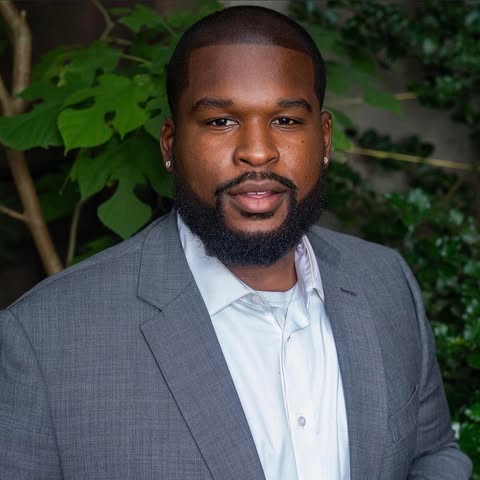
Jonathan Conyers is the author of the acclaimed memoir “I Wasn’t Supposed to Be Here” He is also a respiratory therapist, writer, and producer, as well as the owner and investor of several successful business ventures. Through his storytelling and work, Conyers continues to amplify underrepresented voices and create impact across industries.


